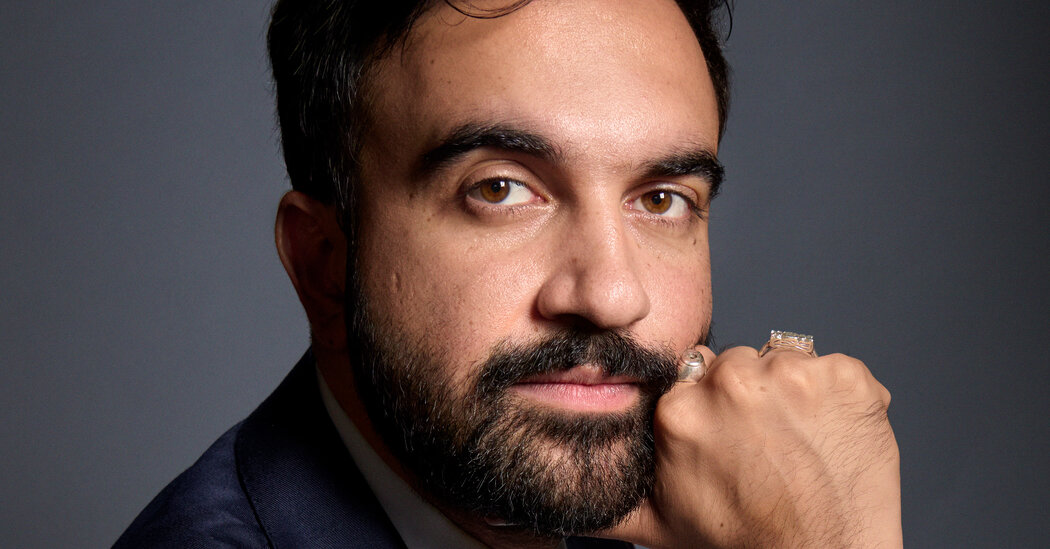For better or worse, a remarkable number of the Democratic Party’s most influential figures currently live in New York. Schumer and Jeffries, both of Brooklyn, lead their respective caucuses in Congress. Representative Alexandria Ocasio-Cortez, of the Bronx, is the party’s most famous progressive and a possible presidential candidate in 2028. Mamdani has already positioned himself among this echelon, pushing his way into a struggle that is not just ideological but generational.
Most New York Democrats have now endorsed Mamdani, including the Albany elected officials most critical to his agenda, Gov. Kathy Hochul and Speaker Carl Heastie, as well as Nadler, who is retiring from the House, and Yvette Clarke, the chairwoman of the Congressional Black Caucus.
Even some of the most towering national Democrats, including Obama and former Vice President Kamala Harris, have made congratulatory calls to Mamdani — and they wanted everyone to know it, making clear they recognized the enthusiasm he inspired even if they disagreed with some of his stances and policies.
The establishment’s embrace has only made the actions — or rather inaction — of Jeffries, Schumer and other Mamdani holdouts, including Senator Kirsten Gillibrand of New York, stand out even more. Jeffries and Schumer have been vague, refraining from endorsing Mamdani after the primary but also not exactly refusing to. Representative Tom Suozzi, a swing-district Democrat who represents parts of eastern Queens and Long Island, has made clear that Mamdani will never receive his endorsement, saying that “Democratic Socialists should create their own party, because I don’t want that in my party.”
This tension was on full display at a fascinating moment I witnessed in August at the West Indian American Day Parade breakfast in Brooklyn, an annual fund-raising event that is a go-to stop on the summer schedule for all New York Democrats. There, I approached Jeffries and asked for an interview about Mamdani and the broader mayor’s race. He agreed and pointed me toward his political staff, who later affirmed that he would be interested in talking.
